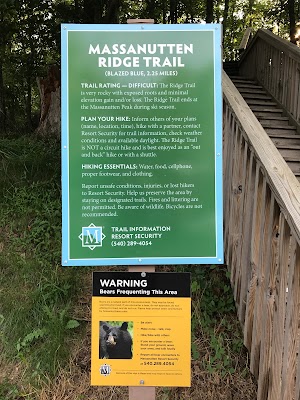Historic Caravan Routes (Anciennes routes de caravanes)
Overview
Located in the vast, arid expanses of northeastern Mali, the **Kidal Region** is a treasure trove of history and culture, providing a unique glimpse into the ancient caravan routes that once crisscrossed the Sahara Desert. These historic pathways represent more than just mere trails; they were the lifeblood of ancient trade, connecting sub-Saharan Africa to the Mediterranean and the Middle East. For the adventurous traveler, exploring these routes feels like stepping back in time to an era when camel caravans laden with gold, salt, and precious goods traversed the inhospitable terrain.
The history of these caravan routes stretches back over a thousand years. The **Kidal Region** served as a crucial junction where traders, travelers, and adventurers would converge, sharing stories, goods, and ideas. These routes were vital for the exchange of valuable commodities, including gold from Mali's mines, salt from the Sahara, and textiles from the Mediterranean. This trade not only generated immense wealth but also fostered cultural exchanges that enriched the societies connected by these ancient paths.
Significantly, the **Kidal Region** is home to the legendary city of **Essouk**, an ancient settlement that played a pivotal role in the trans-Saharan trade. Historically known as **Tadmekka**, Essouk was a bustling mercantile center where traders from diverse backgrounds would gather. Today, the ruins of ancient mosques, dwellings, and cisterns stand as silent witnesses to the vibrant history of the area. Exploring these remnants offers a tangible connection to the past and a profound understanding of the region's historical significance.
For tourists seeking an adventurous and culturally enriching experience, the journey along the historic caravan routes promises breathtaking scenery and remarkable insights. Travelers often encounter the **nomadic Tuareg people**, who have called the Sahara Desert home for centuries. Known as the “**Blue Men of the Sahara**” due to their distinct indigo-dyed robes, the Tuaregs are renowned for their hospitality, music, and intricate silver jewelry. Engaging with them provides an unparalleled glimpse into a way of life that has endured through the ages, despite the harsh desert conditions.
The natural beauty of the **Kidal Region** is nothing short of mesmerizing. The vast desert landscape is adorned with striking rock formations, rolling dunes, and the occasional oasis, providing a lush respite from the arid surroundings. The climate, characterized by extreme temperatures and clear skies, offers a stargazing experience like no other. Under the expansive desert sky, tourists can witness a night filled with brilliantly shining stars, made possible by the absence of urban light pollution.
In addition to its historical and natural allure, the **Kidal Region** boasts a rich artistic heritage. The rock paintings and carvings found in the **Aïr Mountains** serve as a testament to the creativity and skill of the ancient peoples who once inhabited the area. These artworks, depicting scenes of daily life, hunting, and religious rituals, provide fascinating insights into the cultural practices and beliefs of the region’s early inhabitants.
While the **Kidal Region** offers a compelling and enriching travel experience, it is essential for tourists to prepare adequately and respect the area’s cultural norms. The harsh environment requires careful planning, including ensuring sufficient water, appropriate clothing, and reliable transportation. Additionally, due to occasional security concerns, it is advisable to stay informed about the current situation and travel in groups or with experienced guides familiar with the terrain and cultural landscape.
In essence, the **Kidal Region's** historic caravan routes present an unparalleled opportunity for tourists to immerse themselves in the rich tapestry of history, culture, and natural beauty that defines this part of Mali. It is a chance to walk in the footsteps of ancient traders, engage with the enduring customs of the Tuareg people, and marvel at the timeless desert landscapes. Whether you are a history buff, an adventure seeker, or a cultural enthusiast, the caravan routes of the **Kidal Region** promise a travel experience that is both profoundly educational and deeply moving.



